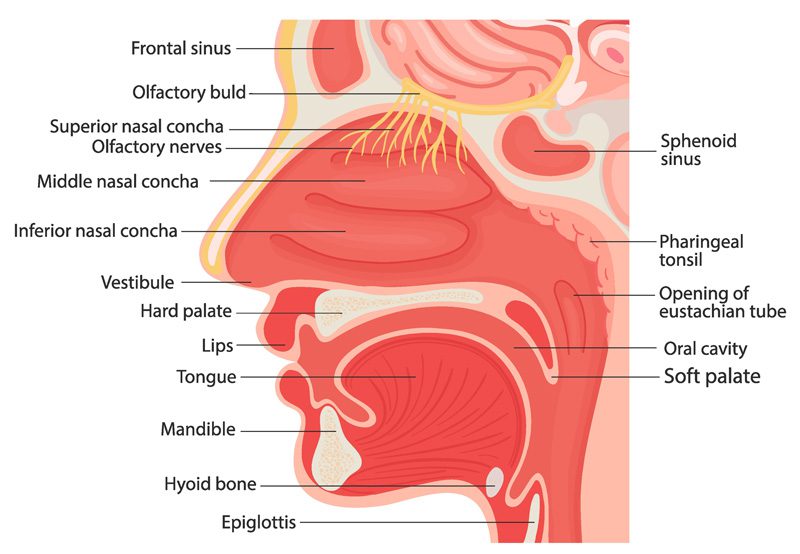

Sinusitis, or the inflammation and swelling of the sinuses, is a condition that affects millions globally. While many experience acute sinusitis—often stemming from a cold or allergies that resolve on its own—there’s a segment of the population that grapples with chronic sinusitis. This condition lingers for 12 weeks or longer, even with multiple treatment attempts. One of the innovative solutions developed for this persistent problem is the sinus implant.
Understanding Sinus Implants
Sinus implants are biodegradable devices designed to treat chronic sinusitis. Typically placed directly into the sinus cavity after a surgical procedure, these implants offer localized, controlled delivery of medications to the inflamed sinus tissues. This ensures that the medication directly reaches the source of inflammation, providing prolonged relief.

Benefits of Sinus Implants
- Targeted Treatment: Traditional treatments like oral steroids may affect the entire body. Sinus implants, on the other hand, deliver medication directly to the sinuses, ensuring a more focused treatment.
- Extended Medication Release: As the implant is designed to dissolve over time, it can provide a consistent release of medication for extended periods, reducing the need for frequent medical interventions.
- Reduced Side Effects: By bypassing systemic circulation, the localized delivery minimizes potential side effects often associated with oral medications.
- Potential to Reduce Polyp Size: Certain implants are designed to release steroids that can aid in the reduction of nasal polyps—a common occurrence in chronic sinusitis.
- Decreased Reliance on Surgery: For some patients, sinus implants might reduce the need for more invasive surgical interventions.
What to Expect During The Procedure
The process for placing a sinus implant usually follows these general steps:
- Pre-operative Assessment: A comprehensive assessment, including imaging, is conducted to determine the severity of the sinusitis and to tailor the treatment plan.
- Placement: Often, the implant is introduced post a surgical procedure, like endoscopic sinus surgery, ensuring that the sinuses are clear of obstructions.
- Medication Release: Over time, the implant gradually releases the medication, directly targeting the inflamed sinus tissues.
- Biodegradation: Made from materials that safely dissolve, the implant eventually disappears, eliminating the need for removal.
Potential Applications
Apart from chronic sinusitis, sinus implants are also being explored for other conditions, such as:
- Nasal Polyps: As mentioned, certain implants are designed to treat nasal polyps, non-cancerous growths in the nasal passage or sinuses often associated with chronic inflammation.
- Allergic Rhinitis: Implants might also provide relief from severe allergic reactions, especially when conventional treatments don’t yield desired results.
Considerations and Risks
While sinus implants present a promising avenue for those with chronic sinus issues, it’s essential to understand potential risks and considerations:
- Limited Longevity: Since the implants are biodegradable, their effects are not permanent, and patients might require additional interventions down the line.
- Potential for Infection: Like any procedure, there’s a risk of infection, although this is rare.
- Reactions to Medication: Some patients might experience side effects or allergic reactions to the medication released by the implant.
Overview of Sinus Implants
Sinus implants represent a significant step forward in treating chronic sinusitis and related conditions. By offering targeted, prolonged treatment, they bridge the gap between short-term relief and more invasive procedures. While they may not be suitable for everyone, for many, they offer a fresh breath of relief. Always consult with an otolaryngologist to determine if sinus implants are the right choice for your specific situation.
